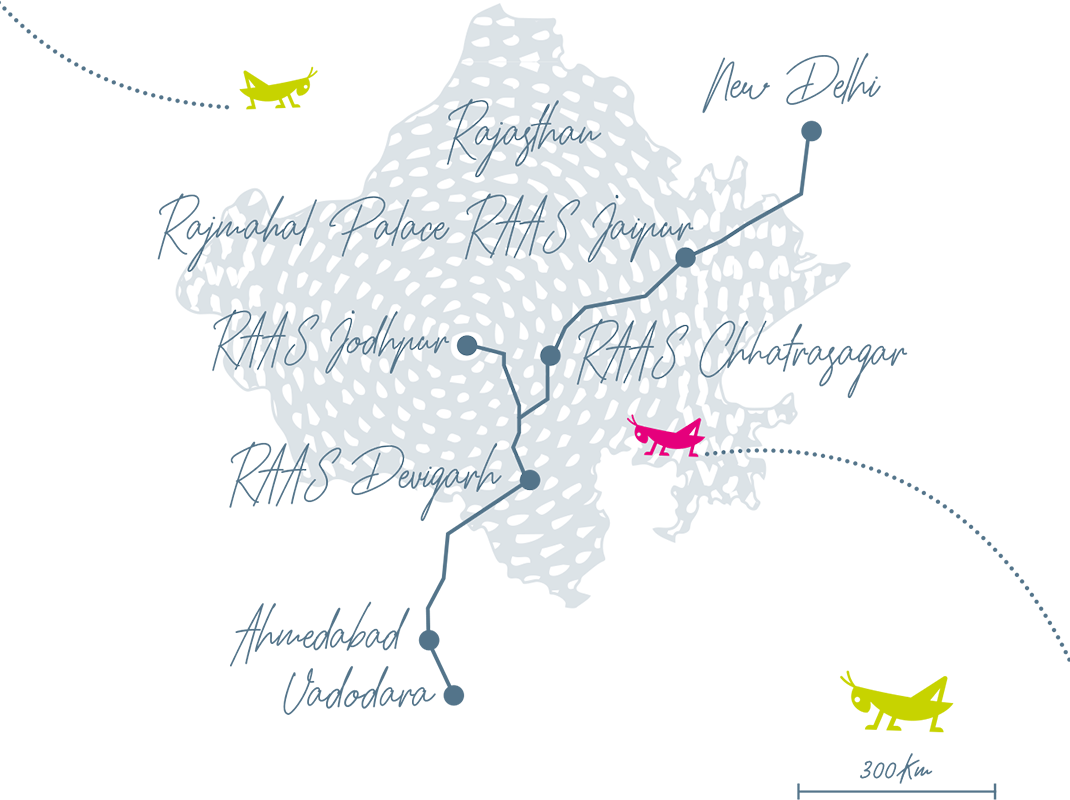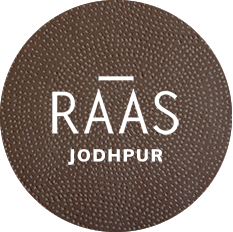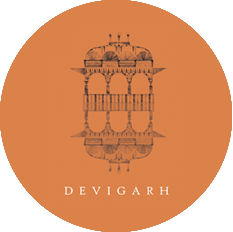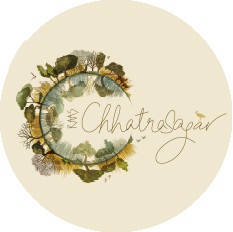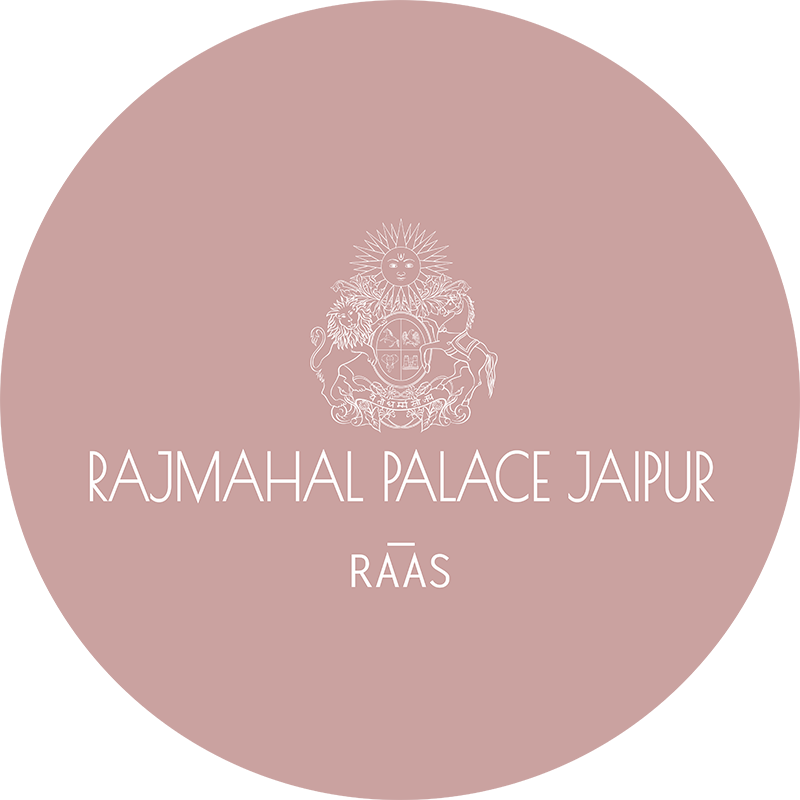#RAASisGreen
Sustainable tourism at RAAS Hotels
Ecological sustainability is a keystone principle at RAAS. It’s broadly defined as a concept where a person or entity’s actions produce environmental, social and economic benefit without irreversibly limiting the regeneration of the resources consumed.
RAAS strives to keep its carbon footprint low through a slew of measures.
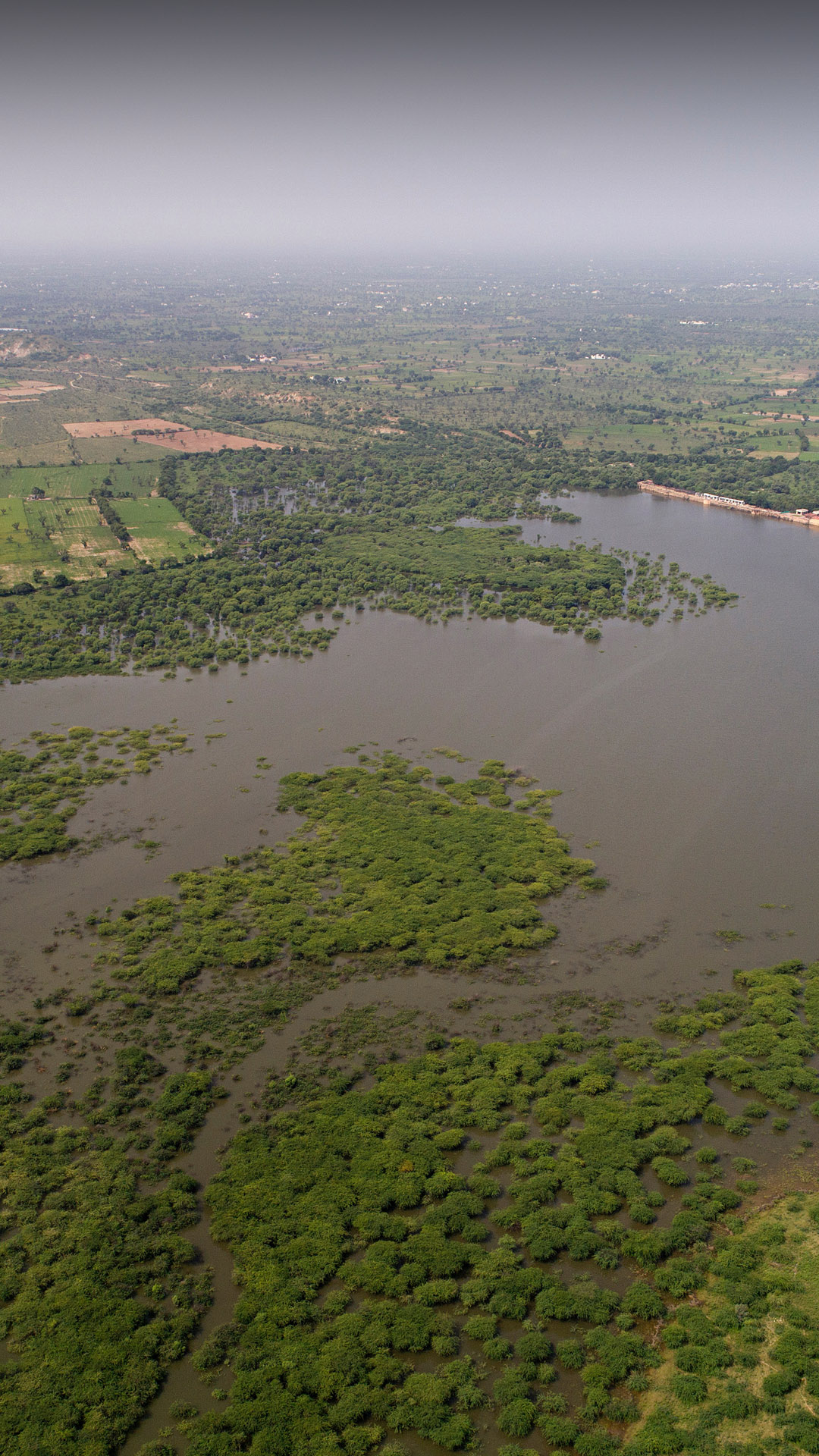
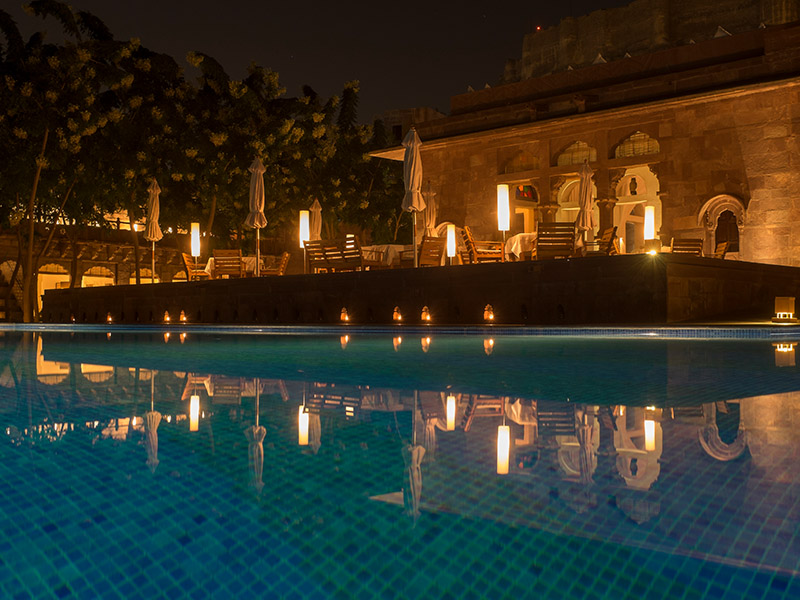
The rational use of water is another key focus.
RAAS is committed to reducing, and avoiding where possible, the use of plastic in all spheres of operation.
Since inception RAAS has endeavoured to invest in the communities we exist in.
RAAS Jodhpur
RAAS Jodhpur took on the job of restoring and rejuvenating the 18th century Toorji Ka Jhalra stepwell in Jodhpur. It was a laborious process that took three years to complete. Each original Jodhpur sandstone slab (they form the lining and the steps of the stepwell) had to be removed and cleaned by hand. Today, the water body is a popular attraction and has contributed to the area’s tourism economy as well. Residents who live on the periphery have opened rooftop cafes and B&Bs with views of the well. The steps are also used as a cultural events venue, and local women come here to pray during the colourful festival of Gangaur. By the efforts of RAAS, brands like Good Earth, Forest Essentials and Andraab have set up shop in the vicinity, which has helped turn the area into a lifestyle destination.
RAAS Devigarh
From painting classrooms to building clean toilets and ensuring potable drinking water, RAAS’ charitable arm, Virasat Foundation, renovates and refurbishes government-run schools in the Delwara area, around RAAS Devigarh. RAAS has also helped clean and restore the Indira Kund, a stepwell that’s a short distance from the property. The well, which took about eight months to rejuvenate, is shared with the village of Delwara. Farmers use the water from the well to irrigate their lands.
RAAS Chhatrasagar
A significant portion of RAAS Chhatrasagar’s 1,500 acres was once used for agriculture. In 2003, the owners persuaded farmers to give up the practice and nature was allowed to take its course. Over the years, indigenous species of trees such as ber, babul, sangria and khejri, and grasses and shrubs that bovids are partial to, have sprouted and covered the land. RAAS’ team of naturalists track the health of the flora and use benign forms of intervention when needed. They ensure trespassers don’t disturb the animals or forage in the woods. Neelgai, wild boar, jackals, foxes, mongooses, and porcupine are commonly found in the reserve. Also, over 250 bird species have been recorded in the region. Pelicans, snipes, golden orioles, green-winged teals and the endangered great Indian bustard, to name a few. RAAS also maintains the reservoir which irrigates the farm lands in the surrounding region. An heirloom variety of cotton and red chilli are the most common crops here.

